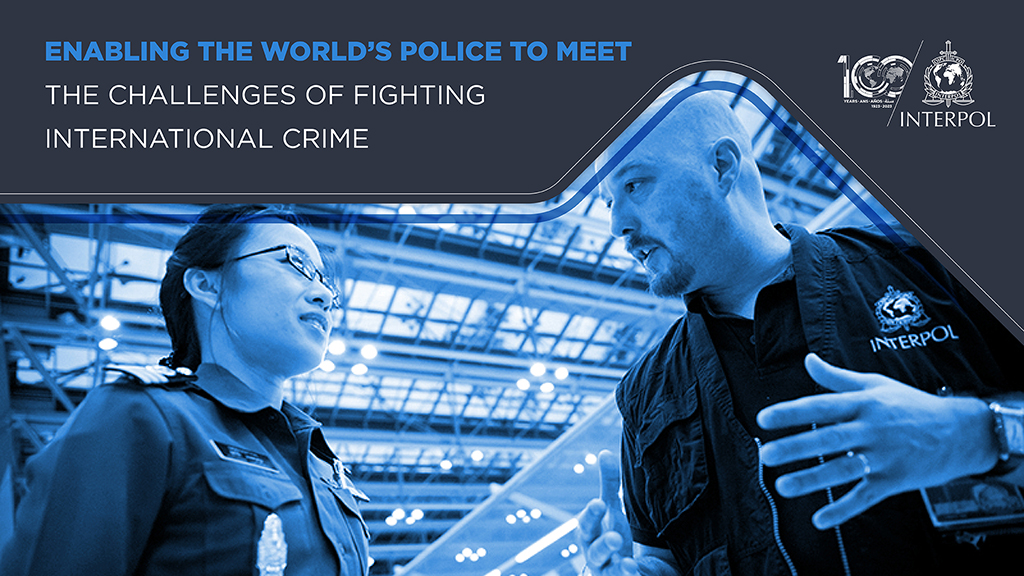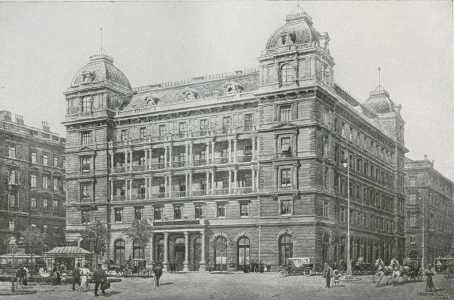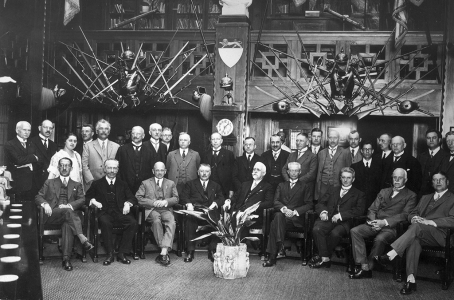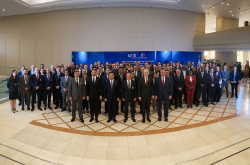INTERPOL has been a constant presence in international security over the last 100 years, evolving and innovating continually.
Although our world has evolved, many of our core principles in international policing have remained the same, such as identification of criminals and communication across borders.
For more than 100 years, police across the globe have been cooperating to prevent and fight crime.
While some of the basic crimes remain unchanged over the years (murder, robbery) other crimes have followed technological, economic and sociological developments in our world (such as cybercrime and people smuggling).
Policing has also advanced in line with developments in technology. Until the 1980s, when our records were computerized, data was processed and analyzed manually.

In 1935, we launched a dedicated radio network for sharing police information while today’s secure web-based system allows police to check our databases in real-time from the frontline.
Yet the very first initiatives to discuss extradition procedures, identification techniques and record keeping are still at the heart of our role today. Locating fugitives remains a core activity, biometrics have replaced paper fingerprints and our databases contain millions of global records of criminal data.
We began as the International Criminal Police Commission, created in 1923, and became the International Criminal Police Organization-INTERPOL in 1956.
Centenary celebrations
In 2023, we officially marked our 100-year anniversary. As part of centenary celebrations, INTERPOL’s General Secretariat and member countries promoted the Organization’s achievements and milestones. Key activities saw INTERPOL’s flag brought to new heights from the summit of Mount Everest to parachuting in Kuwait. Other events included historical exhibitions and training sessions on INTERPOL’s tools and services.
Activities
Related news










